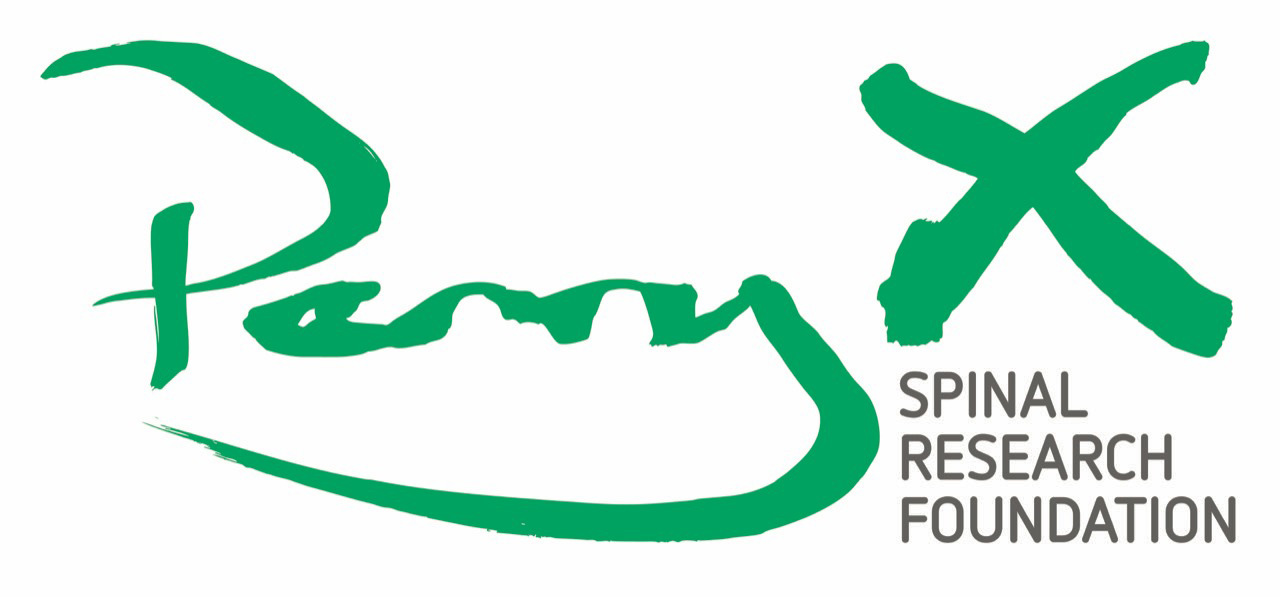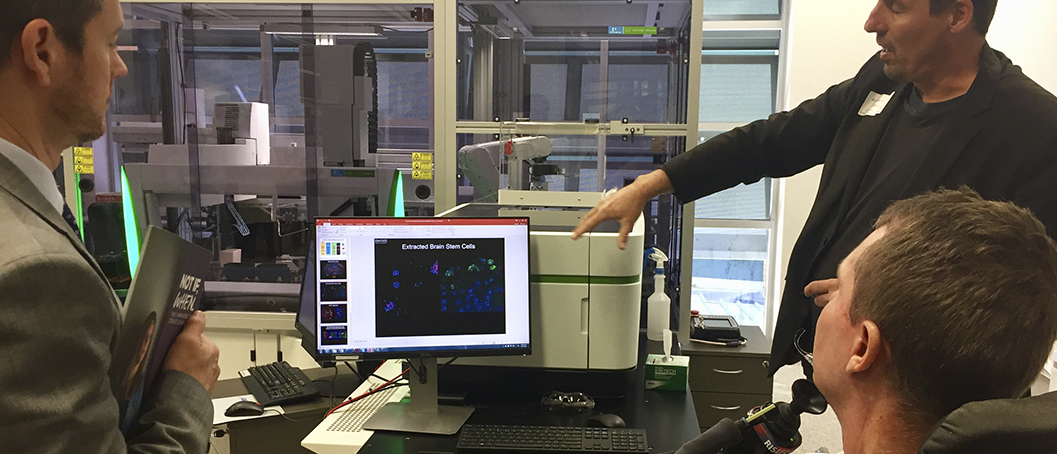In May 2018, PCSRF confirmed its support for this exciting new three year research project at a cost of $393,000, led by Professor Marc Ruitenberg at University of Queensland.
The intended outcome of this proposal is to design and develop an iPSC-based cell transplantation strategy that will replace lost spinal cord neurons and re-establish connectivity in order to cure paralysis, a key objective of the Perry Cross Spinal Research Foundation.
This project is a collaborative effort that brings together the expertise of Dr. Marc Ruitenberg, one of Australia’s foremost SCI researchers, and that of Prof. Ernst Wolvetang, a leader in pluripotent stem cell biology and functional genomics.
The permanent disability that results from traumatic spinal cord injuries (SCIs) can only be fully addressed by strategies that aim to replace lost neurons and restore connectivity between the brain and target structures. Propriospinal interneurons may be ideal for transplantation purposes as they naturally connect distant segments of the spinal cord via both ascending and descending projections. The team will explore whether iPSC-derived excitatory V2a propriospinal interneurons, which have crucial roles in motor control, can repair broken spinal cord circuits and return lost function.
In 2022, the Foundation committed a further contribution of $40,694 to support Thomas Lao for 6 months to continue the transplantation studies and to also provide the scientific evidence that the transplanted cells are indeed mediating the observed return of function through their selective ablation post-injection.




